Republican John
McCain, climbing in polls but lagging in money, is
negotiating a $3 million loan while some of his backers
launch an independent advertising effort seemingly at
odds with his years of fighting outside influence in
campaigns.
The steps under
way inside and outside the campaign indicate a degree of
urgency as the first nominating contests draw near and as
McCain shows signs of resurgence after a dismal spring
and summer.
Campaign aides
said they hoped to finalize arrangements within days for a
line of credit of about $3 million to help pay for expenses
as well as for ads, mailings, and other means of voter
contact. The campaign also is considering taking
public matching funds, but some aides fear the
attached spending limits could hinder McCain if he does
secure the nomination.
Separately, a
newly created group was airing an ad Friday in South
Carolina that portrays the Arizona senator and two of his
congressional allies as ''leaders who share our
priorities'' of supporting funds for U.S. troops and
opposing pork-barrel spending.
Financed mainly
by McCain backers, the Foundation for a Secure and
Prosperous America was created with the help of Republican
ad maker Rick Reed. His firm did some work with
McCain's presidential effort earlier this year, and he
is close to McCain's campaign manager.
McCain wrote a
strict 2002 campaign finance law and has criticized
independent advertising in the past. His aides said they had
no knowledge of or involvement in any outside efforts.
Reed is not new
to independent advertising efforts during presidential
campaigns. He was the media strategist who coproduced a
series of ads in 2004 by the Swift Boat Veterans for
Truth, who questioned Democratic nominee John Kerry's
service in Vietnam. McCain, at the time, condemned
those ads.
The new group, a
501(c)4 nonprofit corporation under IRS regulations, is
not required to disclose its donors, unlike political
campaign and political action committees the Federal
Election Commission covers.
Reed would not
disclose how much has been raised or the identity of
donors. Asked if they were McCain supporters, he said,
''Some are, maybe even all at this point.''
He said the group
is designed to promote a strong national security,
limits to spending, and vigorous antiterrorism efforts while
identifying leaders who best reflect the group's
positions.
''Right now
Senator McCain seems to be the closest to the group's
views,'' Reed said. Others, he said, include South Carolina
Sen. Lindsey Graham and Arizona Rep. John Shadegg;
both appear in the first ad and both have endorsed
McCain.
A disclaimer at
the bottom of the group's Web site states: ''As a
qualified nonprofit organization, Foundation for a Secure
and Prosperous America may on occasion use some of its
funds for political purposes such as supporting or
opposing persons who happen to be candidates.''
Said McCain
spokeswoman Jill Hazelbaker: ''The McCain campaign does not
coordinate with any outside groups that are making or
planning to make independent expenditures in the
presidential election.''
Reed's effort
could be the first of several independent ventures that
could help McCain. Other supporters and donors have been
discussing how to expand his advertising reach in key
early nominating states. Backers of other presidential
hopefuls also are contemplating independent efforts to
boost their candidates.
Such steps allow
major fund-raisers and donors who have already given the
maximum allowed by law to individual campaigns to assist
their candidates by putting money into other entities.
By organizing
itself as a nonprofit 501(c)4 organization, the Foundation
for a Secure and Prosperous America can raise unlimited
amounts of money for its ads without disclosing its
donors or details of its spending. Under Internal
Revenue Service regulations it can engage in political
activity provided that is not the sole purpose of its
existence.
The ad does not
mention McCain's candidacy, but it does show pictures of
him and flash his name. Broadly, the ad focuses on promoting
military funding legislation in Congress and calling
on viewers to urge Congress to approve.
Any independent
ad campaign has to be unaffiliated with the McCain
campaign, and organizers would be prohibited by law from
discussing their plans with McCain or his staff.
Reed said the
group is abiding by the law and that he had not spoken with
the campaign since his firm ended an affiliation with it
early this year.
Still, such a
separate organization could undermine McCain's image as a
campaign finance reformer by creating the appearance that
McCain backers are exploiting loopholes in the law.
McCain was one of
the authors of a 2002 campaign finance law that ended
the ability of national parties to collect unlimited
contributions known as soft money. McCain also has
criticized the emergence of other nonprofit groups,
known as ''527'' organizations, that have skirted
campaign finance laws and raised millions in unlimited money
from wealthy donors.
''On the one
hand, he's obviously always been a strong proponent of
campaign finance reform,'' said Dan Schnur, a Republican
strategist who worked on McCain's 2000 campaign but
who is unaffiliated now. ''On the other hand, I know
he doesn't believe in unilateral disarmament either.''
McCain is
considering accepting public matching funds for his
campaign. At this point, he would be eligible for $5
million, but aides said McCain has made no decision on
whether to seek the money. McCain is the only
Republican at the top of the presidential field who has
taken steps to obtain the public funds. By accepting
the money, McCain would have to restrict his spending
in primary states, placing him at a potential
disadvantage against better-financed rivals.
Once considered
the GOP front-runner, McCain found himself all but broke
and languishing in polls at summer's end. As fall began, his
fortunes improved, and he now senses opportunity,
particularly in New Hampshire and South Carolina.
The compressed
primary calendar has increased pressure on his campaign to
capitalize on his improved standing -- and spend heavily on
television ads. The Iowa caucuses are scheduled for
January 5 and could be followed promptly by the New
Hampshire primary. Michigan is considering holding a
primary January 15, followed by South Carolina on January
19.
McCain ended the
third quarter of the year with $3.5 million, $1.7
million of which was available for the primaries. He also
reported a debt of $1.7 million.
He's been running
ads in New Hampshire, recently expanding to the
expensive Boston market, but he has been unable to afford to
go on the air in South Carolina, though advisers say
he will soon. The campaign is also conducting direct
mail campaigns in Iowa and New Hampshire.
Aides and
fund-raisers for McCain said donors are beginning to open up
their wallets again and the campaign is raising money faster
than it is spending it.
Aides said the
line of credit would be secured by campaign assets and
would give the campaign more flexibility. As opposed to an
outright loan, a line of credit would permit the
campaign to use part of the amount, depending on its
needs.
''We don't have
to do it. We think it would improve our competitiveness
if we do it,'' said Rick Davis, McCain's campaign manager.
''This helps us manage the cash flow.'' (Jim
Kuhnhenn, Liz Sidoti, AP)
















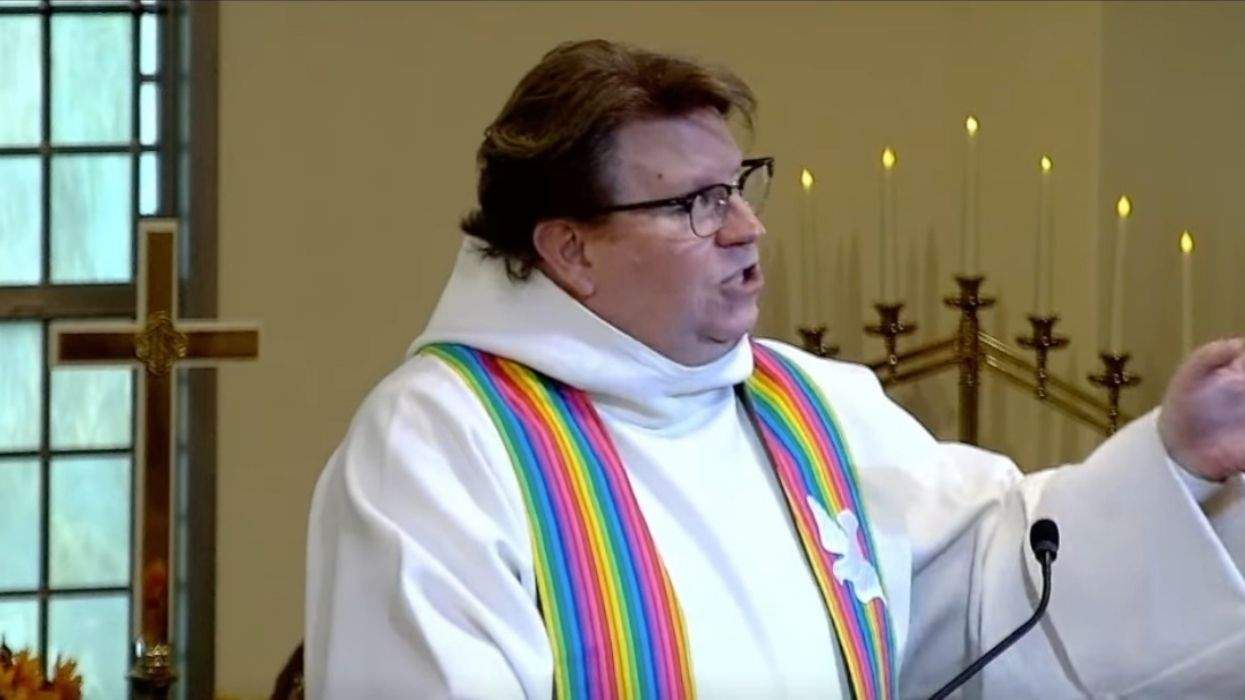


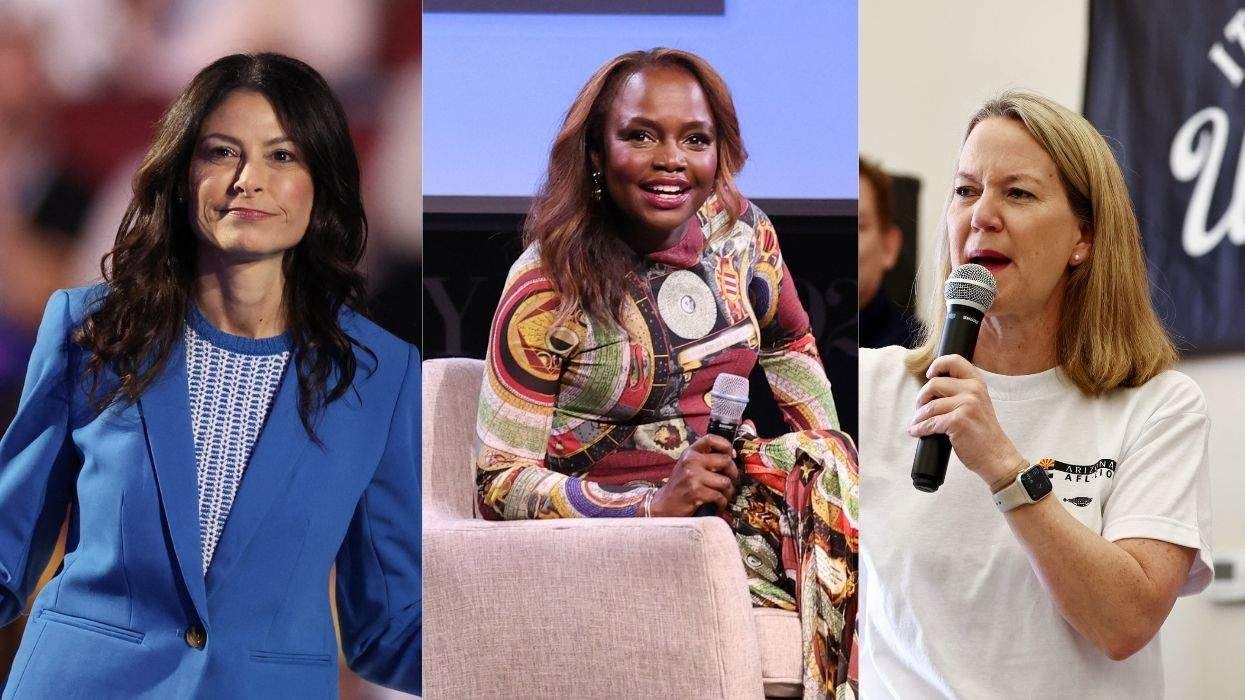



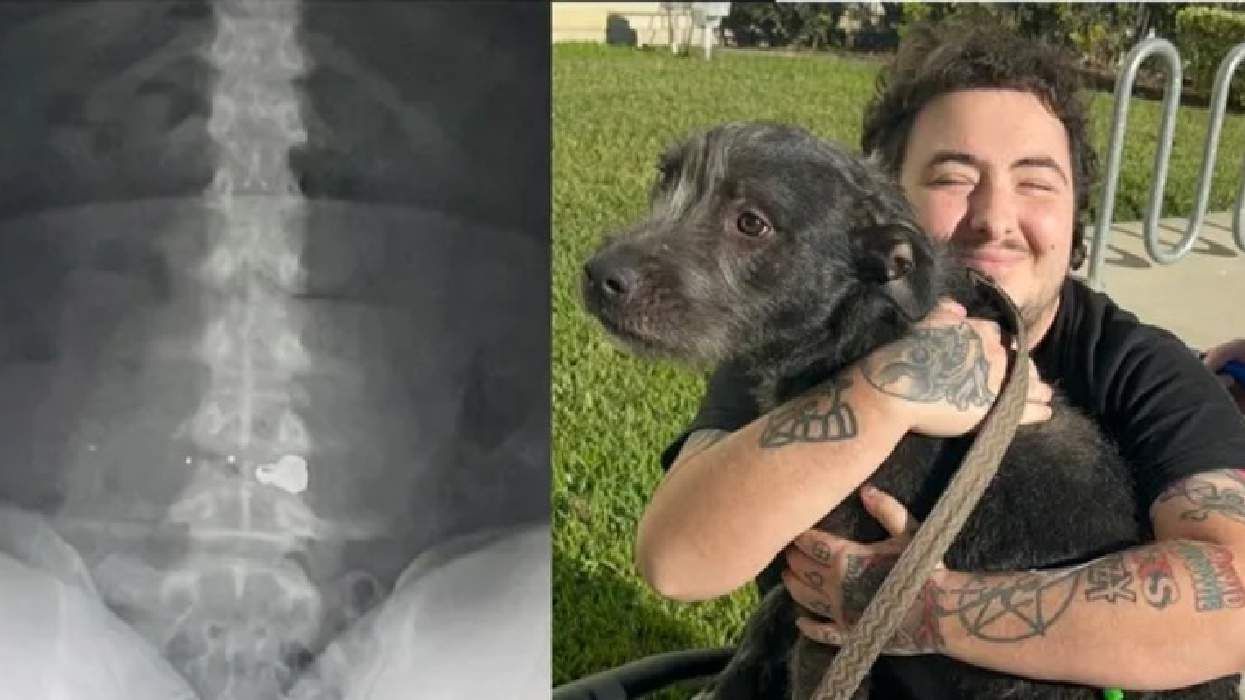


















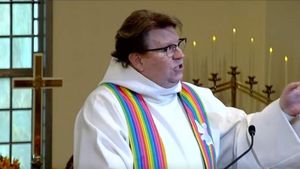
















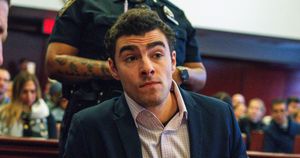








Charlie Kirk DID say stoning gay people was the 'perfect law' — and these other heinous quotes